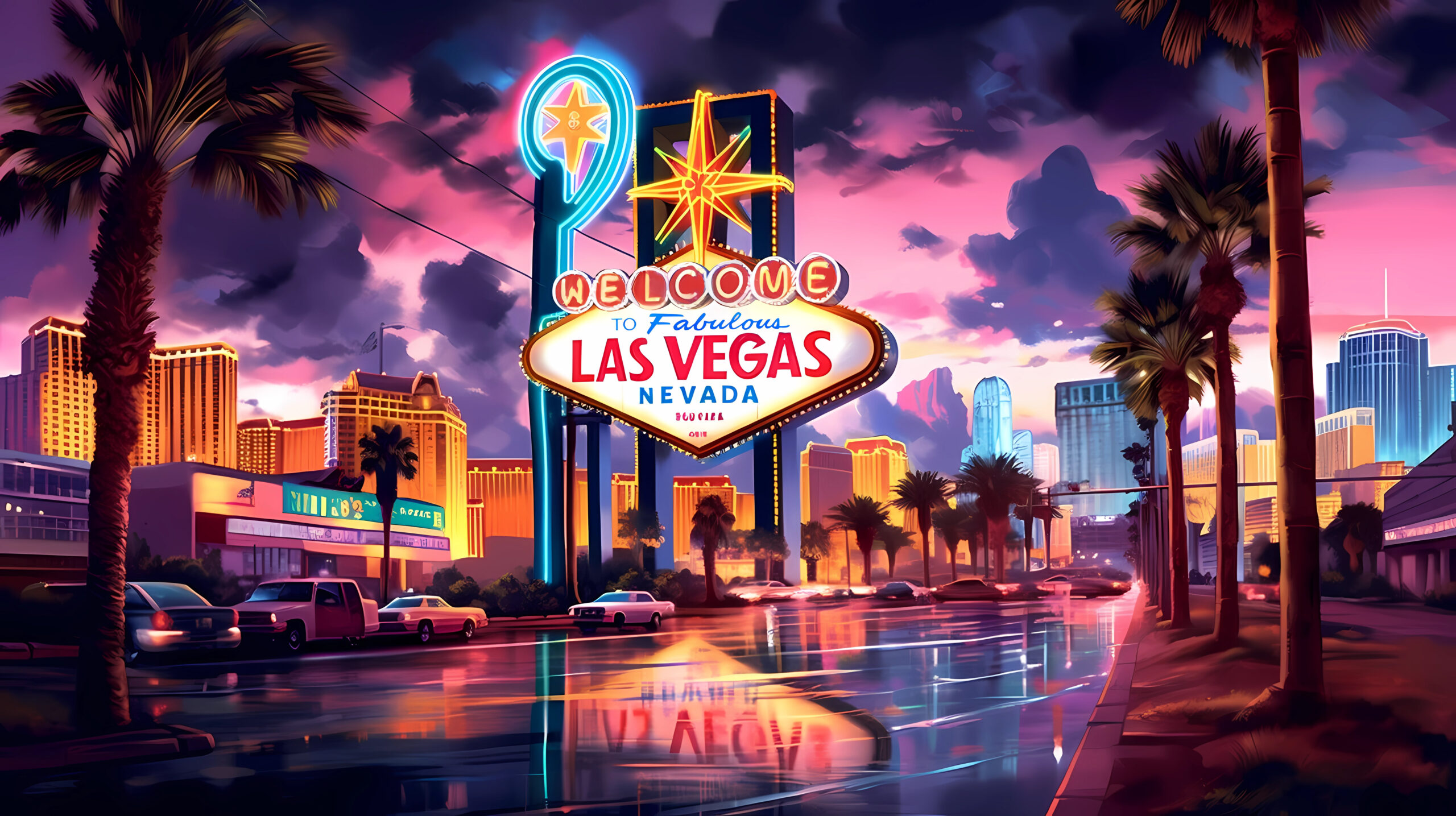Las Vegas has always been a city that reinvents itself. What began as a desert outpost with neon lights and a few casinos has grown into one of the most recognized destinations in the world. Luxury here has never been static. It has evolved with the times, reflecting shifts in culture, design, and guest expectations. Looking back over the decades, it is clear that the definition of luxury in Las Vegas has changed dramatically, and it continues to do so today.
The Era of Themed Resorts
In the 1990s and early 2000s, Las Vegas was defined by themed resorts. Visitors could walk from ancient Rome at Caesars Palace to the pyramids of Luxor to the canals of Venice at The Venetian. These properties were built to transport guests to another world. The experience was immersive, with every detail designed to support the theme.
At the time, this was luxury. Guests wanted to be dazzled, and they wanted an escape. The more elaborate and imaginative the theme, the better. These resorts gave visitors the chance to experience something far beyond the ordinary, and they helped cement Las Vegas as a destination for spectacle.
The Shift Toward Modern Elegance
As the years went on, guest expectations started to change. Travelers began looking for more than just fantasy environments. They wanted sophistication, design, and service that reflected a broader definition of luxury. This shift gave rise to resorts like The Cosmopolitan and Aria, which embraced modern architecture, high-end dining, and sleek, elegant interiors.
Instead of transporting guests to another place or time, these properties focused on creating a luxury experience rooted in contemporary culture. Guests wanted fine dining from world-renowned chefs, art installations that could rival galleries, and rooms that felt like upscale city apartments rather than themed stage sets.
This was the beginning of Las Vegas positioning itself not only as an entertainment capital but also as a hub for high-end lifestyle experiences.
The Rise of Lifestyle Brands
Today, we are in another phase of evolution. Guests are no longer satisfied with luxury defined by chandeliers and marble floors alone. They are looking for experiences that align with their personal values, lifestyles, and sense of identity. This is where lifestyle brands have stepped in.
Resorts are now being designed around themes of wellness, sustainability, and culture rather than around fantastical recreations of faraway places. Guests expect more curated experiences, whether that is through farm-to-table dining, world-class spas focused on holistic wellness, or curated music and nightlife that feel tailored to a particular crowd.
Luxury in Las Vegas has become less about the size of the chandelier and more about personalization, exclusivity, and alignment with a guest’s personal brand.
Dining and Entertainment as Luxury Anchors
One of the clearest ways this shift shows up is in food and entertainment. Decades ago, a luxury experience in Las Vegas might have meant a massive buffet or a headliner show. Today, fine dining is one of the city’s main draws, with Michelin-starred chefs and unique culinary concepts competing for attention. Guests now expect not just a meal but an experience, often with local sourcing, creative storytelling, and impeccable service.
Entertainment has also evolved. Luxury is now associated with curated experiences, from intimate music performances to immersive art exhibitions. The emphasis is on quality, innovation, and authenticity.
Technology and Luxury
Technology has also redefined luxury. Guests expect seamless check-ins, mobile access to rooms, and personalized communication throughout their stay. Smart rooms that adjust lighting and temperature to a guest’s preference are becoming more common, as are digital concierge services that anticipate needs before they are even expressed.
In Las Vegas, where the pace is fast and expectations are high, this kind of convenience is the new definition of luxury. It allows guests to spend more time enjoying themselves and less time dealing with logistics.
Where Luxury Is Headed Next
Looking ahead, I believe the future of luxury in Las Vegas will be centered on authenticity, wellness, and sustainability. Guests are more conscious of the environmental impact of their choices, and they want brands to reflect that awareness. Resorts that can deliver exceptional experiences while also reducing their footprint will have a competitive advantage.
Wellness will also play a bigger role. Guests want experiences that leave them feeling renewed, whether through spa treatments, mindfulness offerings, or even healthier dining and fitness options integrated into their stay.
At the same time, exclusivity and personalization will continue to drive demand. Luxury travelers are looking for experiences that feel unique to them, not mass produced. This means curated itineraries, private access to entertainment, and services that anticipate needs in ways that feel almost intuitive.
A City That Keeps Evolving
What makes Las Vegas unique is its ability to evolve with the times. The themed resorts of the past laid the foundation for the modern, lifestyle-driven luxury we see today. And as guest expectations continue to shift, so too will the definition of what luxury means in this city.
For me, the lesson is clear. Luxury is not about sticking to one formula. It is about listening to guests, understanding their values, and delivering experiences that surprise and delight them in ways they never expected.
Las Vegas has always been bold enough to reinvent itself, and I believe that is why it will continue to be the place where the future of luxury hospitality is defined.
